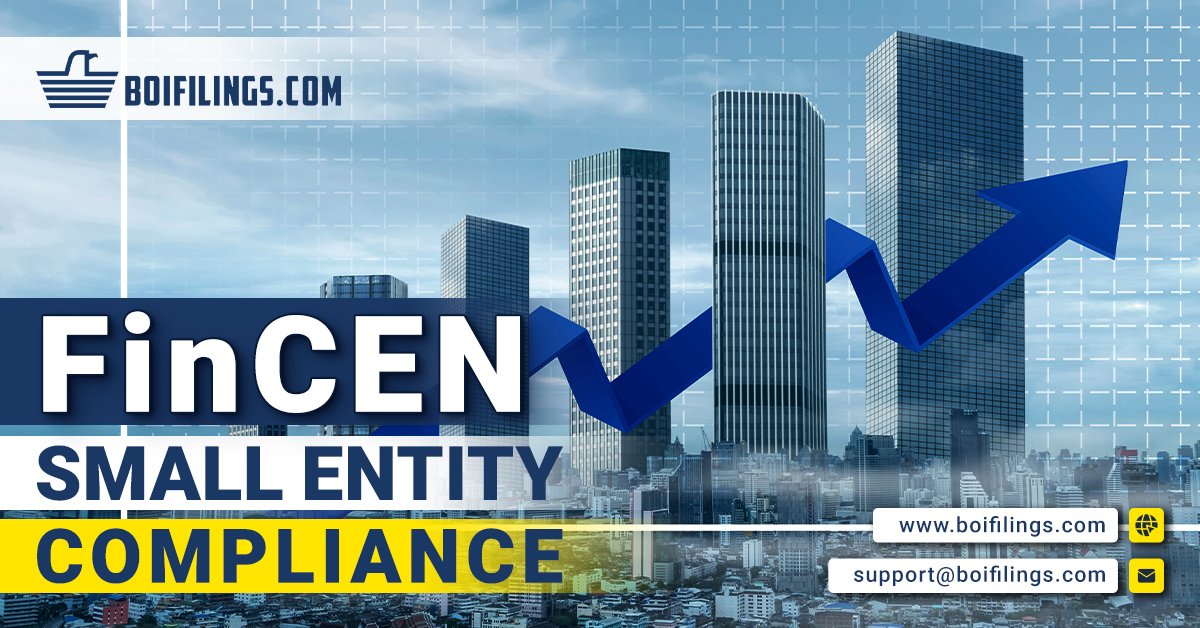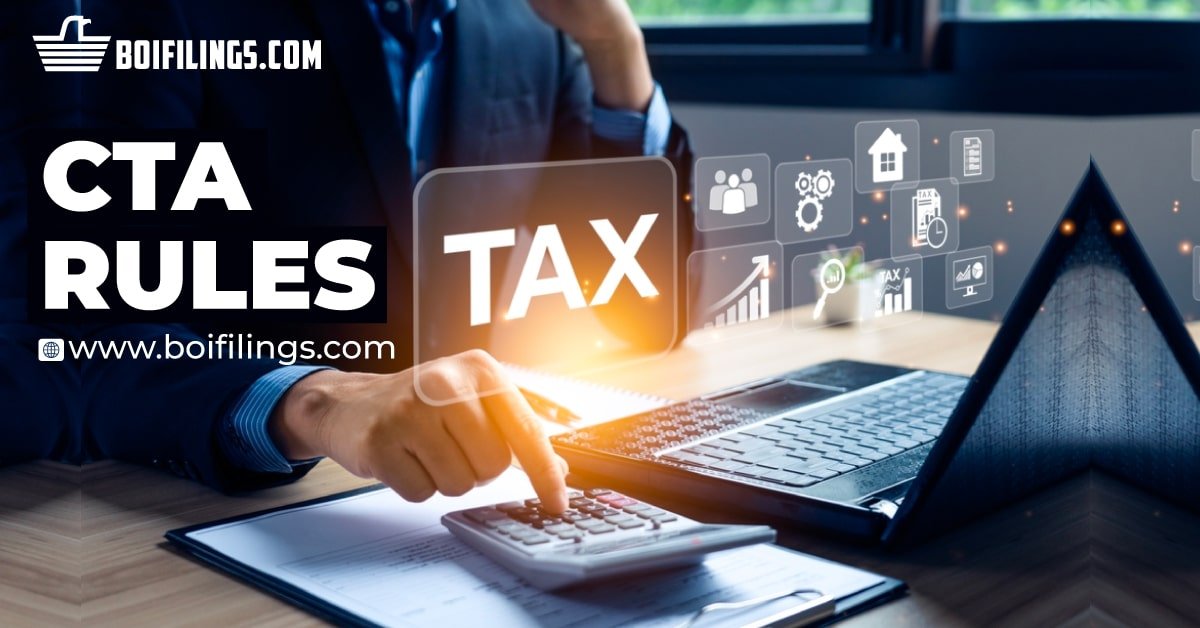In the dynamic landscape of business regulation, a new chapter is about to begin with the implementation of the CTA Corporate Transparency(CTA). This legislation, passed with bipartisan support, aims to peel back the layers of anonymity in business entities, a move that has been applauded for its potential to combat financial crimes and Anti-Money Laundering.
As the effective date of January 1, 2024, is now a reality, understanding the basics of the Financial Crimes Enforcement Network’s (FinCEN) guidelines for small entity compliance is not just important—it is imperative for business owners and their advisors.
What is the Corporate Transparency Act, and How Does it Affect Small Businesses?
At its core, the CTA is designed to shed light on the true ownership of legal entities. For decades, the opaque nature of company ownership structures has been a thorn in the side of regulators. FATF - Financial Action Task Force This new act mandates the disclosure of Beneficial Ownership Report information, which, simply put, are the individuals who ultimately own or control a legal entity. The definition also extends to those who receive substantial economic benefits from the entity.
For small businesses, this translates to additional reporting requirements. Any qualifying small business will now need to file a report with FinCEN Unique Number their beneficial owners. Entities formed before January 1, 2024, have until January 1, 2025, to file Beneficial Ownership Information. But that is not the case for entities formed after January 1, 2024—they only have a mere 30 days. The objective is clear: to create a federal registry that assists law enforcement in detecting, preventing, and punishing corporate fraud, financial crime, and terrorism financing.
Understanding Beneficial Ownership
The term 'beneficial owner' might seem broad, but the CTA defines it with precision. Anti-money laundering compliance A beneficial owner is defined as any individual who, whether through direct or indirect means, wields significant influence over a company's operations or possesses a minimum ownership stake of 25% in the company's equity holdings. NSBA, The National Small Business Association? This definition compels businesses to look beyond their immediate ownership structure and consider the chain of command and financial benefits. Know What is AML?
In practice, identifying a beneficial owner is not always straightforward. What are Beneficial Owners? It may require small businesses to conduct thorough investigations into their ownership structures, especially in cases where trusts, holding companies, or multiple layers of entities are involved.
What are the Reporting Requirements Under the CTA?
The reporting requirements are a significant focus of the CTA. Each qualifying small business must provide FinCEN with the following information for each beneficial owner:
- Full legal name
- Date of birth
- Current residential or business street address
- A unique identifying number from an acceptable document, such as a passport or driver’s license
The responsibility to report this information does not fall solely on new businesses. Want to know What is Ultimate Beneficial Ownership? Existing businesses also have a deadline by which they must comply. What is the FATF report? The aim is to ensure that the registry is comprehensive and up-to-date.
How Do I Prepare for Compliance?
Preparation for compliance should begin with understanding whether your business is subject to the CTA. Not all entities are covered, and there are exemptions, such as certain regulated entities that already operate under stringent disclosure requirements.
Once a business is identified as a subject entity, the next steps involve gathering the required information. What is an Entity Beneficial Owner for an LLC? This process could be complex, particularly for entities with intricate ownership structures or for those that have not previously had to identify Know about the Beneficial Ownership information guide Businesses will need to develop processes to determine Beneficial Ownership information guide. And maintain records.
The Importance of Maintaining Accurate and Current Information
The accuracy and currency of information cannot be overstated. PIL Personally Identifiable Information. The CTA imposes penalties for providing false or fraudulent information, as well as for willfully failing to report complete or updated beneficial ownership information. Small businesses must not only file an initial report but also update this information if there are changes in beneficial ownership.
The Role of Advisors in Navigating the CTA
For many small business owners, navigating the CTA will be a new challenge. Customer Due Diligence for Business Owners. This is where advisors play a crucial role. Legal, accounting, and financial advisors need to be well-versed in the CTA’s requirements to guide their clients through the compliance process.
Advisors should start by educating themselves and their clients about the CTA through our third-party website. Beneficial Ownership Secure System information They should be prepared to assist in identifying beneficial owners, collecting necessary information, and understanding the legal implications of the act. Financial Action Task Force Additionally, they can provide invaluable assistance in setting up internal systems to ensure ongoing compliance.
Embracing Transparency for a Stronger Business Environment
While the CTA may introduce new burdens for small businesses, it is essential to appreciate the broader benefits of these regulations. Know about the Beneficial Owner information A transparent business environment discourages illicit activities and can foster trust among consumers, investors, and partners.
Moreover, compliance with the CTA can be viewed not just as a legal necessity but as an opportunity for businesses to reinforce their commitment to ethical practices and good corporate citizenship.
Conclusion: Looking Ahead to January 1, 2024
As the date of implementation approaches, it is crucial for small businesses and their advisors to proactively address the requirements of the CTA. Beneficial Owner for an LLC. By understanding beneficial ownership, preparing for compliance, maintaining accurate information, and embracing the role of advisors, businesses can navigate these changes effectively. The key is to use the fast and cost-effective BOI filing services of our third-party organization. Want to know What is the NSBA? We are standing by to help any type of small entity receive lasting compliance with FinCEN.
The CTA is a significant milestone in the journey towards greater Corporate Transparency Act 2023. By focusing on the foundational elements of FinCEN’s Small Entity Compliance, businesses can ensure they are ready for this new era, thereby contributing to a more robust and trustworthy economic ecosystem. Visit the website & get more details BOIFilings.

